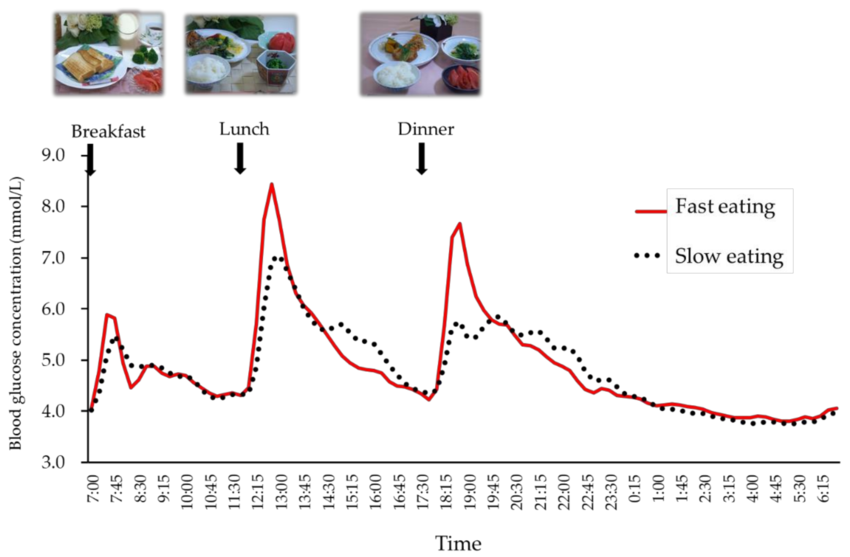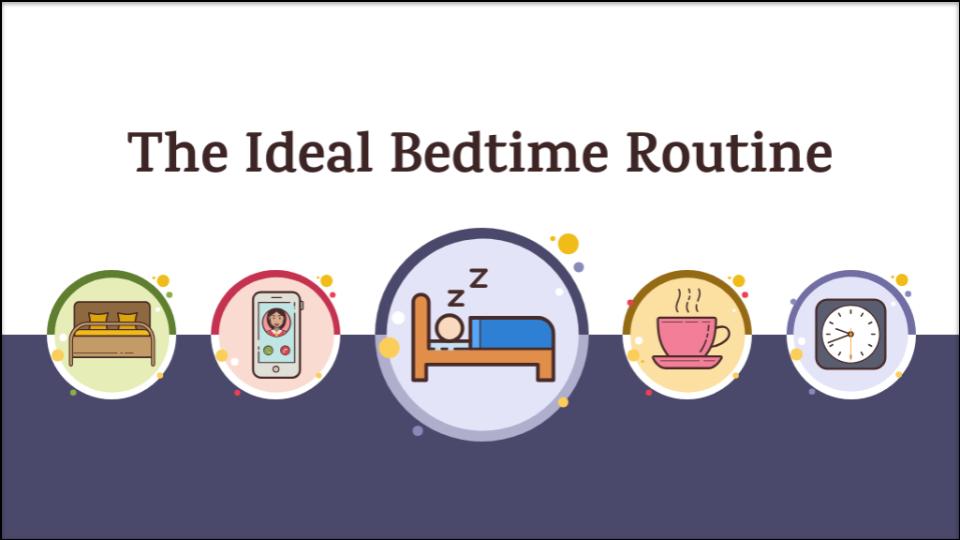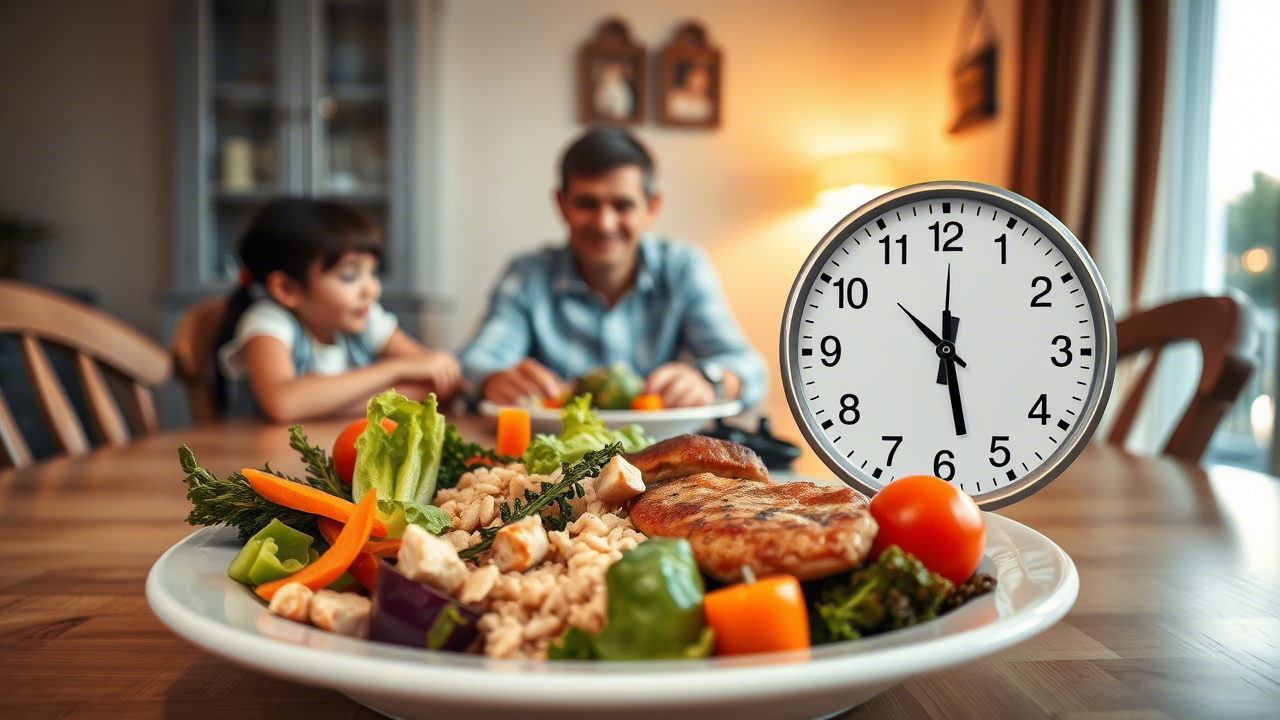For decades, the focus of healthy eating has been on calories, carbohydrates, and fats. However, a growing body of scientific research is shifting the conversation from what we eat to when we eat. Mounting evidence suggests that the best time to eat dinner is earlier in the evening, a practice that aligns with our body’s internal clock and can have significant benefits for weight management, metabolic health, and even sleep quality.
Researchers are finding that the human body’s ability to process food follows a natural daily cycle, or circadian rhythm. Our metabolism is primed to be most efficient during the daylight hours. When we eat late at night, we are essentially forcing our bodies to work when they are preparing to rest, which can disrupt a host of metabolic processes.
The Science of Chrononutrition and Meal Timing
The field exploring this connection is known as chrononutrition. It examines how the timing of food intake interacts with the body’s 24-hour biological clock. This internal clock governs everything from our sleep-wake cycle to hormone release and digestive enzyme activity.
“Our bodies are not designed to be digesting food at all hours,” said Dr. Frank Scheer, a professor at Harvard Medical School and director of the Medical Chronobiology Program at Brigham and Women’s Hospital, in statements related to his research. His work highlights that our bodies handle nutrients differently depending on the time of day.
A pivotal 2022 study published in the journal Cell Metabolism co-authored by Scheer provided stark evidence. The researchers found that eating a meal approximately four hours later than an earlier meal had profound effects. Late eating increased hunger, slowed the rate at which calories were burned, and promoted fat storage. Specifically, levels of leptin, a hormone that signals fullness, were lower in the late-eater group.
Impact on Blood Sugar and Weight Management
One of the most significant consequences of late-night meals is their effect on glucose control. Insulin sensitivity, the body’s ability to efficiently use insulin to process sugar from the bloodstream, naturally decreases as the day progresses.
“Eating late in the evening can lead to higher and more prolonged spikes in blood sugar,” stated Dr. Diana Díaz Rizzolo, a postdoctoral researcher who led a study at the Universitat Oberta de Catalunya and Columbia University. Her research, published in Nutrition & Diabetes, found that consuming more than 45% of daily calories after 5 p.m. was associated with poorer glucose tolerance. This, over time, can elevate the risk of developing type 2 diabetes.
This aligns with findings that suggest front-loading calories earlier in the day supports weight loss efforts. A 2022 meta-analysis in Obesity Reviews reported that individuals who consumed a greater portion of their daily calories earlier in the day experienced greater weight loss and improvements in cholesterol and insulin resistance.

So, What is the Best Time to Eat Dinner?
While there is no single “magic” minute that works for everyone’s schedule, a scientific consensus is emerging. Experts generally recommend finishing your last meal at least two to three hours before going to sleep.
For many, this translates to a dinner time between 5 p.m. and 7 p.m.
“Aiming to eat dinner at some point between 5 p.m. and 7 p.m. is generally a good goal,” said Collin Popp, an assistant professor in the Department of Population Health at NYU Grossman School of Medicine, in a recent interview. He emphasizes that this allows the digestive system ample time to process the food before the body’s metabolic rate slows down for the night.
This approach is a key component of a dietary strategy known as early time-restricted eating (eTRE). Pioneered by researchers like Dr. Satchin Panda of the Salk Institute, eTRE involves consuming all of the day’s calories within a consistent window of 8-10 hours, and crucially, ending that window in the early evening.
The Link Between Late Dinners and Poor Sleep
The negative effects of eating late extend beyond metabolic concerns and can directly interfere with sleep. Going to bed with a full stomach can increase the risk of gastrointestinal discomfort, such as acid reflux, where stomach acid flows back into the esophagus, causing heartburn and disrupting sleep.
Furthermore, the digestive process itself is an active one, raising body temperature and heart rate at a time when they should be decreasing to promote restful sleep. Recent research also suggests that meal timing can influence the release of melatonin, the primary sleep hormone. Dr. Scheer’s research has pointed out that rising melatonin levels at night seem to interfere with the body’s ability to regulate blood sugar, creating a feedback loop where late eating can both disrupt sleep and worsen metabolic outcomes.

Practical Advice for a Modern Lifestyle
For many, work schedules, family obligations, and social lives can make a 6 p.m. dinner seem unrealistic. Experts advise that perfection is not the enemy of the good.
“If you have to eat late, it is better to have a smaller, lighter meal,” suggests Dana Ellis Hunnes, a senior dietitian at UCLA Medical Center. She recommends focusing on meals rich in protein and vegetables while being lower in carbohydrates and heavy fats if dinner must be delayed.
The key takeaway from the current body of research is consistency and a general shift toward earlier eating. Pushing dinner time even 30 to 60 minutes earlier can be a beneficial first step. The goal is to maximize the fasting window overnight, giving your body a prolonged period of rest and repair, free from the work of digestion. As chrononutrition research continues, it’s becoming clear that aligning our eating patterns with our natural circadian rhythm is a powerful tool for improving long-term health.

 Trump Claims Coca-Cola Will Adopt Cane Sugar; Company Denies Plan, Experts Debate Health Merits
Trump Claims Coca-Cola Will Adopt Cane Sugar; Company Denies Plan, Experts Debate Health Merits New Research Connects Ultra-Processed Foods to Higher Lung Cancer Risk, Even in Non-Smokers
New Research Connects Ultra-Processed Foods to Higher Lung Cancer Risk, Even in Non-Smokers Drinking Sugar May Pose Greater Health Risks Than Eating It, New Research Suggests
Drinking Sugar May Pose Greater Health Risks Than Eating It, New Research Suggests From Lab to Bedside: Overcoming the Hurdles to Patient Enrollment in Oncology Research
From Lab to Bedside: Overcoming the Hurdles to Patient Enrollment in Oncology Research